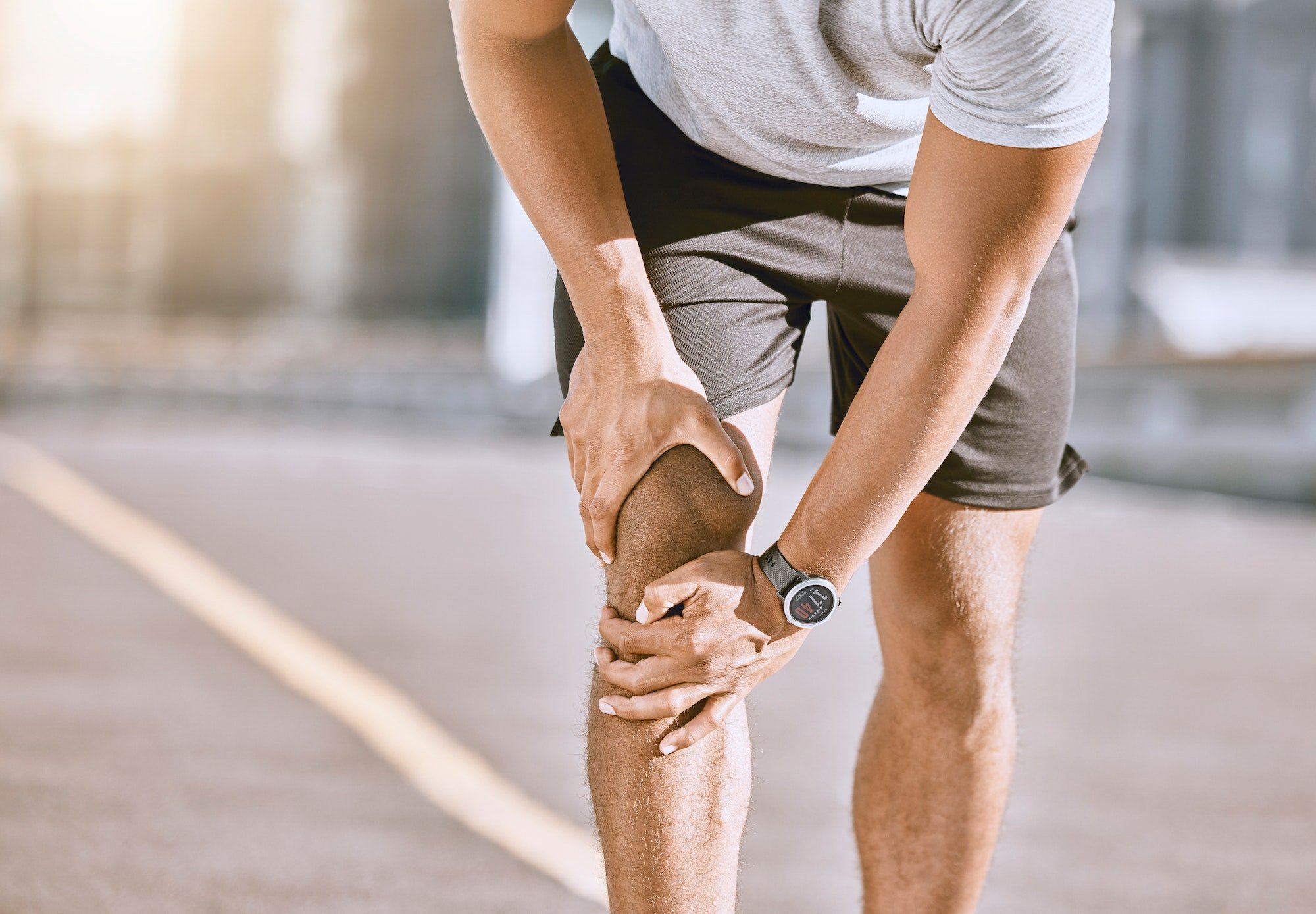What is the best way to lubricate your joints?
Best Way to Lubricate Your Joints Naturally for Pain-Free Movement
Joint lubrication is essential for maintaining flexibility, reducing friction, and preventing stiffness or pain. Whether you’re an athlete, a fitness enthusiast, or someone dealing with arthritis or joint discomfort, keeping your joints well-lubricated ensures optimal mobility and a pain-free lifestyle.
Cod Liver Oil
In this comprehensive guide, we will explore the best ways to lubricate your joints naturally, covering diet, supplements, hydration, and exercises that promote joint health.
Why Is Joint Lubrication Important?
Joints are the connections between bones that allow movement. They are cushioned by synovial fluid, a thick liquid that reduces friction between cartilage surfaces. Over time, due to aging, injuries, or health conditions like arthritis, the production of this fluid can decrease, leading to stiffness and pain.
By adopting a joint-friendly lifestyle, you can naturally improve synovial fluid production, maintain flexibility, and prevent degenerative joint diseases.
Best Ways to Lubricate Your Joints
1. Stay Hydrated for Optimal Synovial Fluid Production
Water is the primary component of synovial fluid. Dehydration can lead to reduced lubrication, increasing friction and causing discomfort.
Hydration Tips for Joint Health:
- Drink at least 8–10 glasses of water daily.
- Increase water intake if you’re physically active.
- Avoid excessive caffeine and alcohol, which contribute to dehydration.
- Eat water-rich foods like cucumbers, watermelon, and celery.
2. Eat Omega-3 Fatty Acids for Anti-Inflammatory Benefits
Omega-3 fatty acids help reduce joint inflammation and improve lubrication. These healthy fats support cartilage repair and prevent osteoarthritis progression.
Best Omega-3 Sources:
- Fatty fish like salmon, mackerel, and sardines
- Chia seeds and flaxseeds
- Walnuts and almonds
- Fish oil supplements
3. Incorporate Collagen-Rich Foods for Cartilage Strength
Collagen is a major component of cartilage, responsible for maintaining joint flexibility and elasticity. Consuming collagen-rich foods helps replenish lost cartilage and supports synovial fluid production.
Best Collagen Sources:
- Bone broth
- Chicken skin
- Gelatin
- Collagen peptide supplements
4. Get Enough Vitamin D and Calcium for Stronger Bones
A deficiency in Vitamin D and calcium weakens bones, leading to poor joint support. Calcium strengthens bones, while Vitamin D enhances calcium absorption, reducing the risk of osteoporosis.
Best Sources of Vitamin D & Calcium:
- Dairy products like milk, yogurt, and cheese
- Leafy greens such as kale and spinach
- Fortified cereals and orange juice
- Sunlight exposure for natural Vitamin D synthesis
5. Exercise Regularly to Improve Joint Flexibility
Low-impact exercises help increase synovial fluid circulation and prevent stiff joints. Regular movement also strengthens the muscles surrounding your joints, reducing stress on them.
Best Exercises for Joint Lubrication:
- Swimming & Water Aerobics – Reduces joint impact while improving flexibility.
- Yoga & Stretching – Enhances joint mobility and relieves stiffness.
- Cycling – Low-impact cardio that keeps knee joints flexible.
- Walking – Helps maintain joint strength and movement.
6. Take Joint-Friendly Supplements for Additional Support
Supplements can enhance joint lubrication and reduce pain associated with arthritis or other joint conditions.
Best Joint Supplements:
- Glucosamine & Chondroitin – Supports cartilage repair and enhances synovial fluid.
- Turmeric (Curcumin) – A natural anti-inflammatory that reduces joint pain.
- Hyaluronic Acid – Helps retain moisture and improve lubrication in joints.
- MSM (Methylsulfonylmethane) – Reduces inflammation and promotes flexibility.
7. Avoid Processed Foods That Trigger Inflammation
A poor diet high in processed foods and sugars can trigger joint inflammation, reducing synovial fluid quality.
Foods to Avoid for Better Joint Health:
- Refined sugars and sodas
- Processed meats and fried foods
- Excessive alcohol and caffeine
- Artificial additives and preservatives
8. Maintain a Healthy Weight to Reduce Joint Stress
Excess weight puts added pressure on joints, especially in the knees, hips, and spine. Losing even a few pounds can significantly reduce joint wear and tear.
Tips for Healthy Weight Management:
- Follow a balanced diet rich in whole foods.
- Engage in regular physical activity like walking, cycling, or swimming.
- Monitor portion sizes to avoid overeating.
9. Use Heat and Cold Therapy to Reduce Stiffness
Applying heat therapy increases synovial fluid circulation, while cold therapy reduces joint inflammation.
How to Use Heat & Cold Therapy for Joint Lubrication:
- Warm compress or heating pad for 15–20 minutes before activity.
- Ice pack for 10–15 minutes after strenuous activity to reduce inflammation.
- Contrast therapy (alternating between hot and cold) to improve flexibility.
10. Prioritize Quality Sleep for Joint Repair
During sleep, the body repairs damaged tissues and produces synovial fluid to keep joints lubricated. Poor sleep increases inflammation and stiffness.
Tips for Better Sleep & Joint Health:
- Maintain a consistent sleep schedule.
- Use a supportive mattress and pillows to keep joints aligned.
- Avoid caffeine or heavy meals before bedtime.
- Practice relaxation techniques like meditation or deep breathing.
Final Thoughts: Keep Your Joints Lubricated for a Pain-Free Life
Maintaining proper joint lubrication is crucial for preventing stiffness, reducing inflammation, and improving mobility. By staying hydrated, eating a nutrient-rich diet, exercising regularly, and using supplements, you can naturally enhance synovial fluid production and keep your joints healthy for years to come.
Adopting these joint-friendly habits will not only reduce joint pain but also boost overall well-being, ensuring you stay active and mobile.
- The best way to lubricate joints naturally
- How to improve synovial fluid production
- Natural remedies for joint lubrication
- Foods that help lubricate joints
- Supplements for joint lubrication and flexibility
- Low-impact exercises for joint health
- Hydration and joint flexibility benefits
- How to reduce joint stiffness naturally
- Omega-3 for joint inflammation relief
- Best vitamins and minerals for joint lubrication




